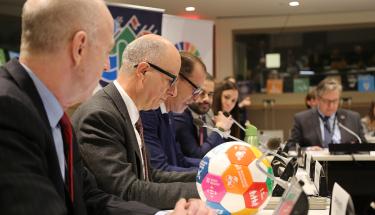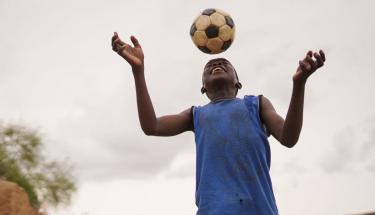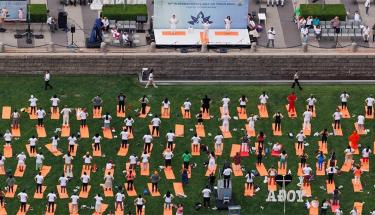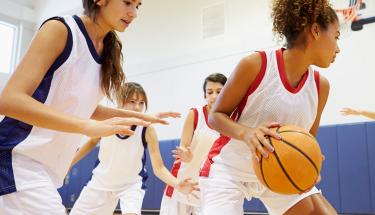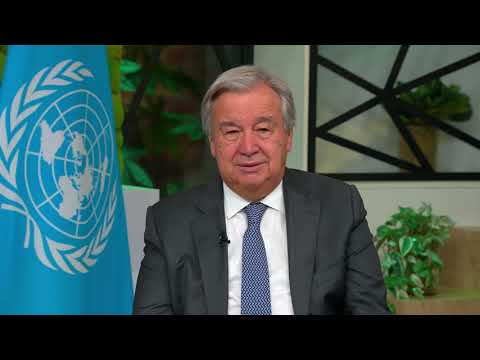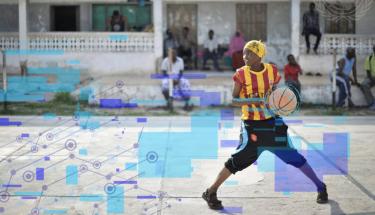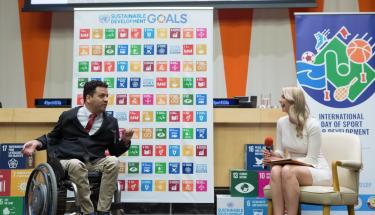Sport for Development and Peace
Sport has a unique capacity to unite people regardless of identity, background, ethnicity or ability. Throughout history, sport has made important contributions to the well-being of people and peace. In recognition of this, in the 2030 Agenda on Sustainable Development, the Member States of the United Nations emphasize the role of sport as an important enabler of sustainable development, highlighting its growing contribution to the realization of development and peace.
The Department of Economic and Social Affairs (DESA) houses the substantive portfolio on sport for development and peace. DESA works to maximize the positive contributions of sport through the UN Action Plan on Sport and the 2030 Agenda.
Learn more about our mandate: English (Sign Language) | Français | Español | Русский | عربي | 汉
 Welcome to the United Nations
Welcome to the United Nations



